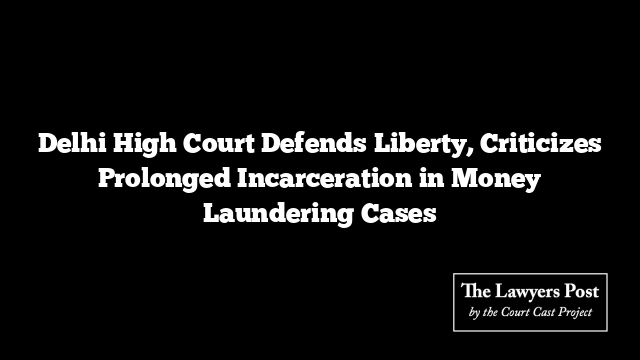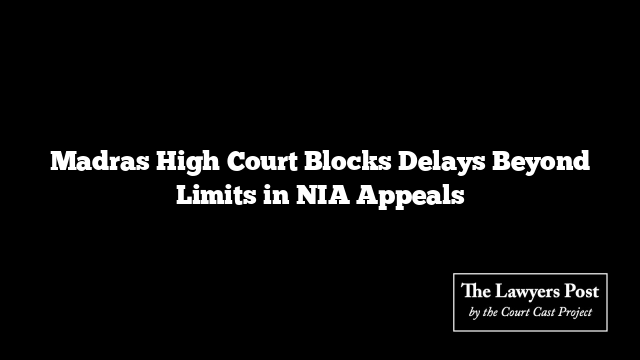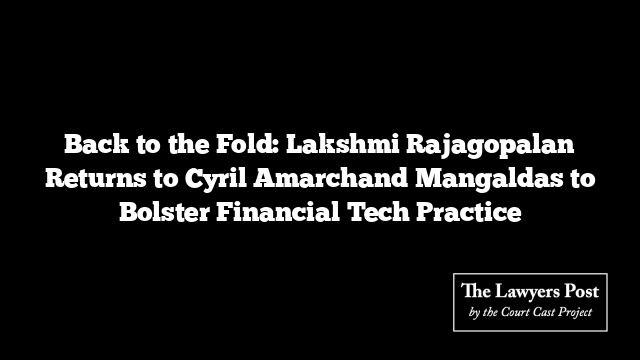In a significant ruling, the Delhi High Court underscored that Section 45 of the Prevention of Money Laundering Act (PMLA) should not serve as a perpetual bar to bail, emphasizing that an accused’s right to freedom must be safeguarded, especially in cases involving long, drawn-out trials.
Justice Manoj Kumar Ohri, addressing the complexities of a high-profile money laundering case involving several accused and extensive evidence, noted that with the protracted nature of such trials, Section 45 should not become a tool to indefinitely keep defendants in custody. “When there’s no foreseeable end to trial and prolonged incarceration looms without any fault of the accused, Section 45 cannot be used to suppress personal liberty,” the Court observed.
The ruling came as the Court granted bail to Ankush Jain and Vaibhav Jain, co-accused in a case involving a former Delhi minister, where fundamental rights were argued to be compromised due to the trial’s sluggish pace. The Court remarked that, under the PMLA, most cases carry a maximum sentence of seven years—a stark contrast to graver offenses like murder or drug trafficking, which carry heavier penalties. Citing the constitutional right to personal liberty and fair trial, the Court pointed out that Section 45’s strict bail conditions must yield to these rights when trial delays are extreme.
Highlighting that the accused had already been in custody for over two years without trial commencement and with further CBI investigation still pending, the Court noted that their release was justified. This stance aligns with previous Supreme Court interpretations, which advocated a liberal approach in similar cases, viewing prolonged incarceration without trial as inconsistent with constitutional rights.
Ultimately, the decision underscores the High Court’s firm position that strict bail conditions should not lead to unjustly extended incarceration and reaffirms the judicial commitment to uphold personal liberty, even within stringent legal frameworks.





